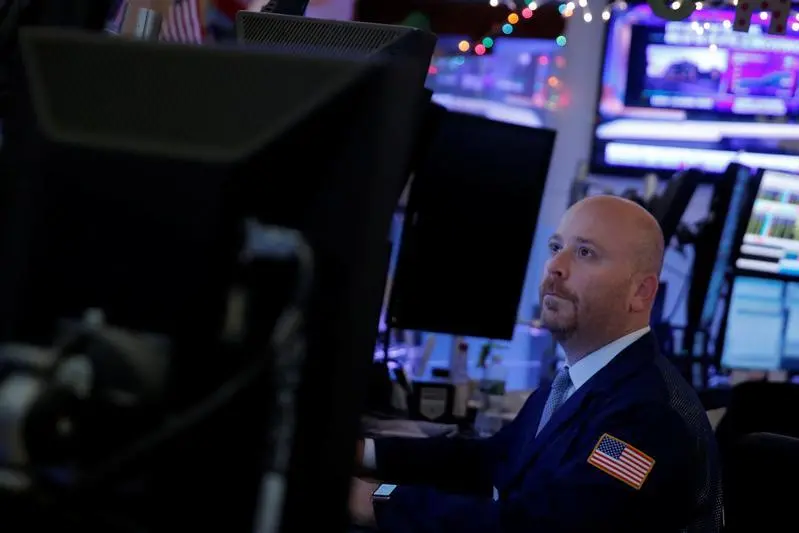PHOTO
DALLAS - The private-equity industry is going back to some dangerous superlatives. Returns have been strong, so institutional investors are pouring more money than ever into funds that acquire companies with loads of debt. But deal multiples are nearing record highs, too. As legacy buyouts go bust, it’s a reminder of the industry’s tendency to overheat.
After five years of record fundraising, private-equity firms had a record $633 billion of dry powder for leveraged buyouts at the end of last year, 45 percent more than a decade earlier, according to Bain & Co. A recent survey from research firm Preqin found private equity was the most popular alternative investment class after real estate, and more than half of investors planned to increase allocations in the longer term.
The risk is that firms are looking to deploy this wall of money at a time when asset prices stand at or near record levels. Buyout firms paid more than 11 times EBITDA for more than half of all deals in 2016, Bain says, and the figure continued to climb into last year. Just four years earlier, the majority of deals were struck at less than nine times EBITDA. To finance their acquisitions, private-equity buyers are taking on debt of more than 6.4 times EBITDA, near the 2007 peak, according to Thomson Reuters LPC.
Looking back a decade shows what those valuations and debt loads can do to returns. The record surge of buyouts in the runup to the crisis ended, at best, in mediocrity. Returns from big funds that launched in 2006 and 2007 were subpar, according to the $326 billion California Public Employees’ Retirement System, which publishes individual fund returns. Apollo’s 2006 fund has produced an internal rate of return of less than 9 percent while its 2008 vintage fund, which could buy assets at knockdown prices after the crisis, has posted returns nearly three times higher.
The past week saw the curtain come down on a few buyout deals struck in the pre-crisis boom. The largest U.S. radio company, iHeartMedia, and tween boutique Claire’s Stores filed for bankruptcy. Toys R Us has filed to liquidate its U.S. stores. The demise of these firms serves as a timely reminder of the potentially high price of the industry’s latest bout of exuberance.
CONTEXT NEWS
- Claire's Stores filed for Chapter 11 bankruptcy protection, the U.S. jewelry chain said on March 19. The company is owned by Apollo Global Management, which bought it in 2007 for $3.1 billion.
- The largest U.S. radio company, iHeartMedia, filed for bankruptcy protection on March 14 while agreeing with creditors to cut its debt by more than half. It was bought in 2008 by Bain Capital and Thomas H. Lee Partners.
- On March 15, Toys R Us asked a U.S. bankruptcy court for approval to stop paying vendors while it tries to find buyers for its international businesses ahead of a planned liquidation of its U.S. operations. The company filed for liquidation authority on March 14.
(Editing by Tom Buerkle and Martin Langfield)
© Reuters News 2018





















